Join us as we delve into the history of the sacred Christmas hymn, "O Come, O Come, Emmanuel." We hope you enjoy our a cappella rendition of this classic.

O Come, O Come, Emmanuel - Hymnology Video
History of the Sacred Hymn
The sacred Christmas Hymn, "O Come, O Come, Emmanuel", has its origins in the medieval Christian Church. Its haunting modal melody is rooted in the style of the Chant or Plain Song, one of the earliest forms of sacred music. 1
The song beautifully speaks of the eager anticipation of Israel for the coming of the long-awaited Messiah during the time of the Old Covenant. As noted in Amazing Grace - 366 Inspiring Hymn Stories for Daily Devotions:
The preparation for the celebration of our Lord’s birth begins four Sundays before Christmas Day. This begins the period known as the Advent season. Advent centers on the Old Testament prophecies concerning a coming Messiah and His establishment of an earthly kingdom. The Messiah’s coming was prophesied 600 years before His birth. At the time the Jewish people were living in captivity in Babylon. For centuries thereafter faithful Jews earnestly anticipated the Deliverer-Messiah with great longing and expectation, echoing the prayer that He would “ransom captive Israel.” And finally the long awaited heavenly announcement came—
“Unto you is born this day in the city of David a Savior, which is Christ the Lord!” (Luke 2:11).

The O-Antiphons
During the Advent season in medieval Europe, services would be held each evening leading up to Christmas Eve. Services would begin with an antiphon, which served as a choral call to worship.2 An antiphon is a short phrase, often composed from the Psalter, that is sung alternatively by two choirs in a traditional responsive style. The Greater Antiphons, also called the O-Antiphons, were traditionally sung on the seven days preceding Christmas eve. These choral prayers were based on messianic titles used by the prophets in the Old Testament. The verses of "O Come, O Come, Emmanuel" are taken directly from the O-Antiphons.
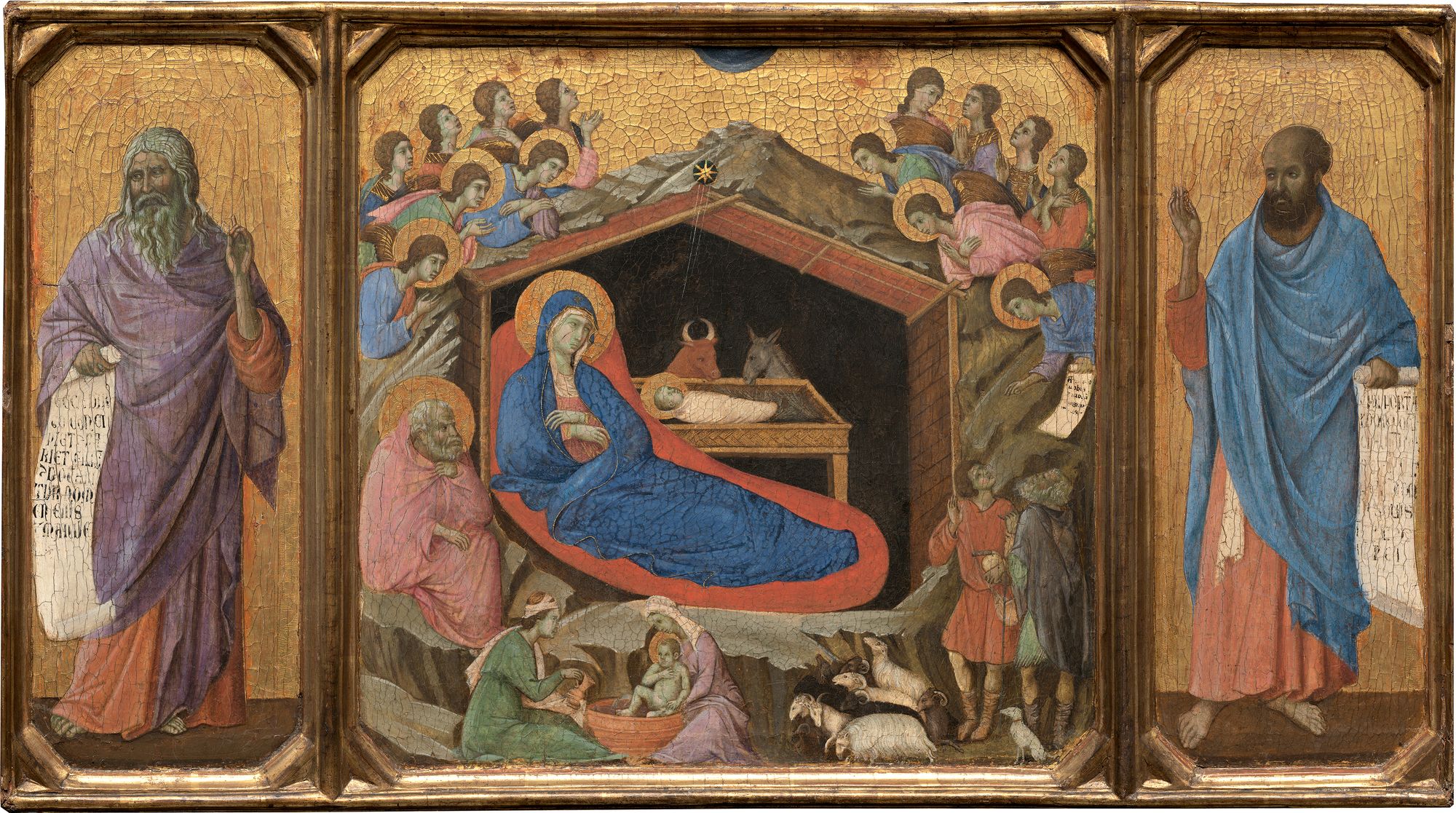
According to the Pocket Dictionary of Liturgy and Worship 3:
Intended for Vespers, a different verse is sung each evening of Advent beginning December 17, and an acrostic is formed from the first letter of the appellation of Jesus in each of these seven antiphons (i.e., “O Sapientia … Adonai … Radix … Clavis … Oriens … Rex … Emanuel”), SARCORE, which reversed is the Latin expression ero cras, “I will be [present] tomorrow,” an appropriate promise from the Savior to those who, anticipating his coming, sing the song through the evening of December 23 (see Keyte and Parrott).
Translated from Latin: Sapientia, “Wisdom”; Adonai, Hebrew for “Lord”; Radix, “Root [of Jesse]”; Clavis, “Key [of David]”; Oriens, “Rising Sun” or “Dayspring”; Rex, “King”; and Emanuel, Hebrew for “God with us” (Mt 1:23; Is 7:14). These special seven days of Advent are known as Sapientiatide.

The name, Emmanuel (also transliterated as Emanuel or Immanuel), means "God with us" and comes from Isaiah 7:14.
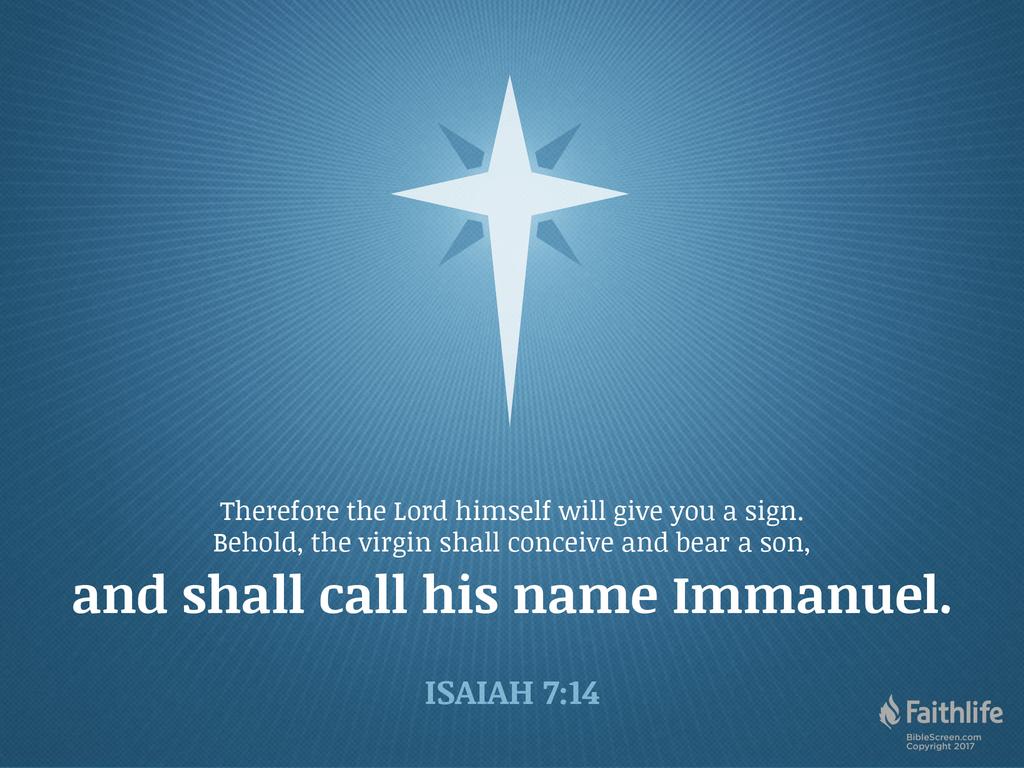
Origins
The exact origins of both the words and the music of our beloved hymn are somewhat obscure. The words have been traced back to the Psalteriolum Cantionum Catholicarum (Cologne, 1710). 4 Tradition has it that the original antiphons were made into a metrical Latin poem as early as the twelfth century, although it is unclear what sources were used by the editor of the Psalteriolum Cantionum Catholicarum in its version of the poem.
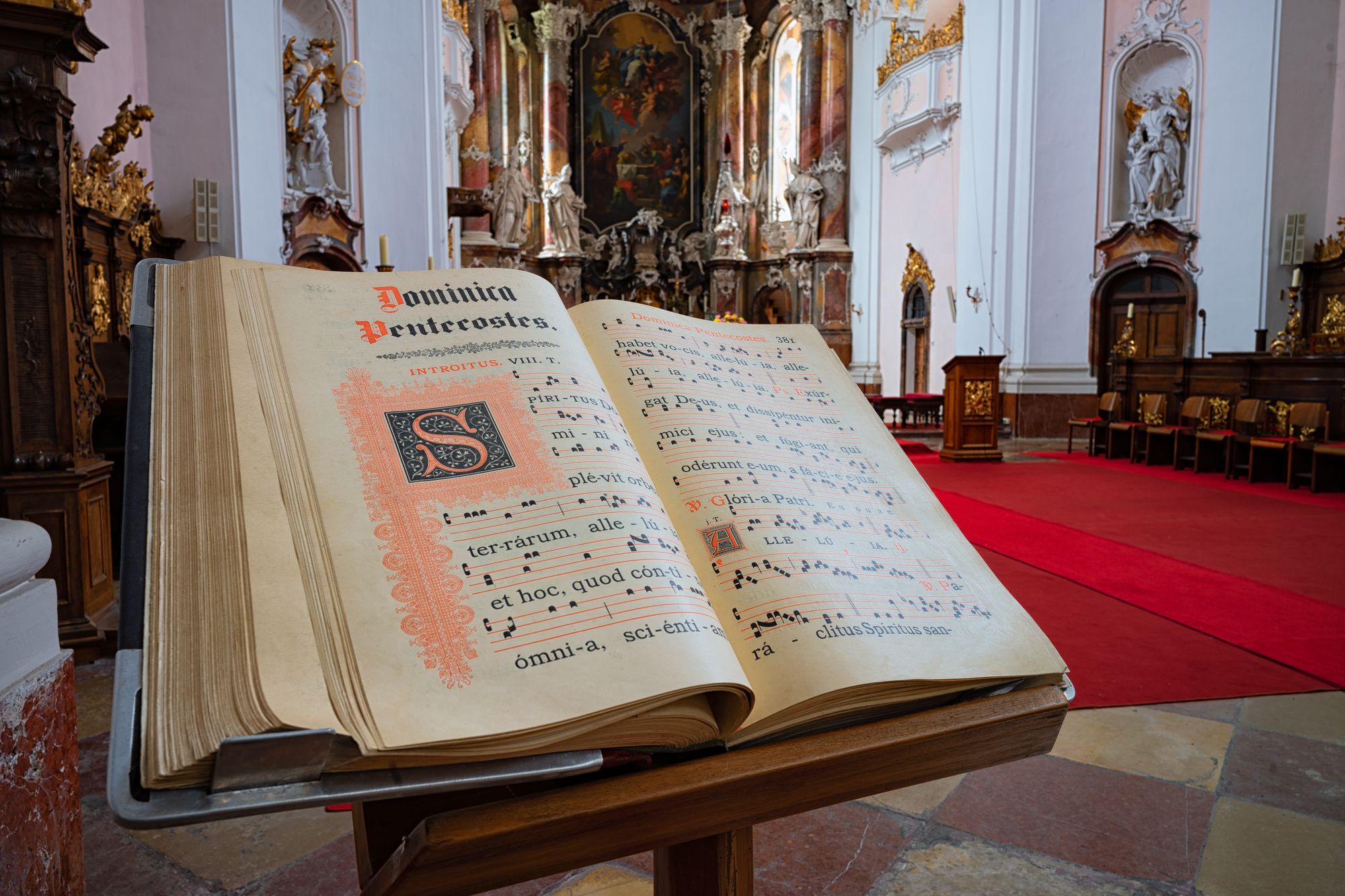
As Jennifer Woodruff Tait notes in her article, O Come, O Come, Emmanuel: The Story behind the Season's Most Somber Hymn 5:
A little less than 150 years later, the poem came to the attention of Anglican priest and hymn writer John Mason Neale (1818–1866). Prevented from serving in a parish by lung disease, Neale divided his life between social ministry (he founded a nursing order of Anglican nuns and helped social welfare organizations care for orphans and young women) and the wardenship of Sackville College.
In his “spare time,” he set out to translate for his fellow Anglicans the great early and medieval Greek and Latin hymns for all the feasts and fasts of the Christian year. Among Neale’s many hymnal collections are titles such as Hymns of the Eastern Church and Hymns, Chiefly Medieval, on the Joys and Glories of Paradise. “O Come, O Come, Emmanuel” appears in Medieval Hymns and Sequences (1851), headed by his notation:
“This Advent hymn is little more than a versification of some of the Christmas antiphons commonly called the O’s.”
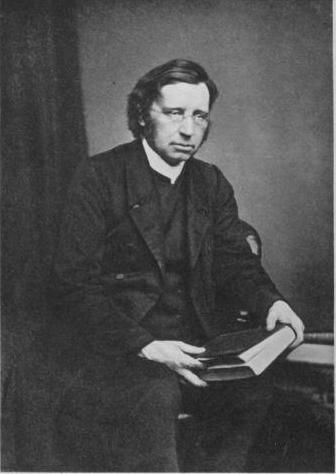
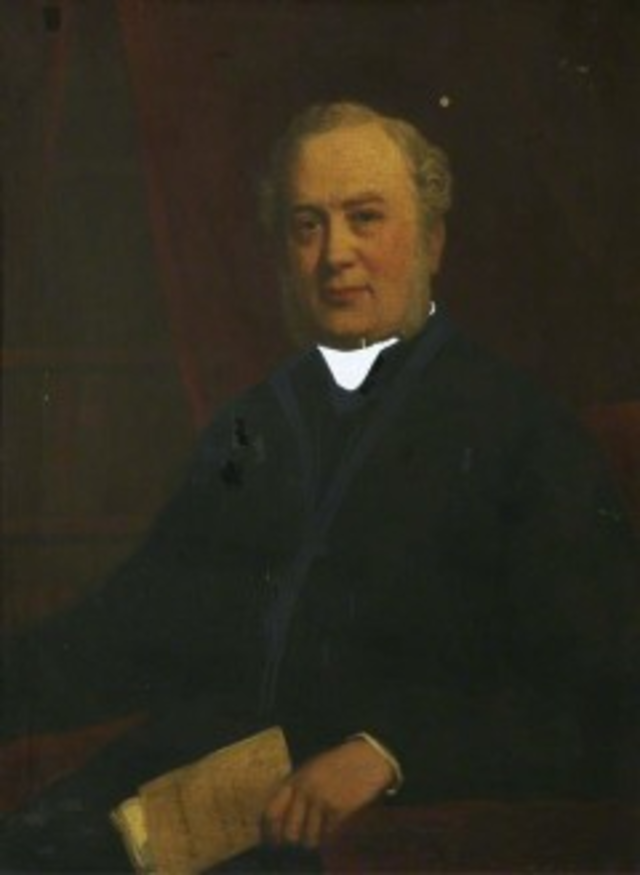
Thomas Helmore, who published the tune collection in which Neale provided the music for "O Come, O Come, Emmanuel", indicated that the melody itself was taken from "French sources." Regarding the origin of the music, Tait points out the following:
For many years, no one knew quite what Neale’s “French sources” were, and though to this day no one knows how Neale came in contact with the melody, its origin was eventually traced to a fifteenth-century processional funeral hymn for French Franciscan nuns, found in a manuscript in the National Library of Paris. An odd origin, perhaps, but his matching of tune and text seems inspired today; it is difficult to imagine the words set to any other music—especially when the verses are sung in a contemplative unison and the “Rejoice!” bursts forth in sudden, amazing harmony.
Lyrics
Emanuel (God With Us)
O come, O come, Emmanuel,
And ransom captive Israel,
That mourns in lonely exile here,
Until the Son of God appear.
Rejoice! Rejoice! Emmanuel
Shall come to thee, O Israel.
Sapientia (Wisdom)
O come, Thou Wisdom from on high,
And order all things, far and nigh;
To us the path of knowledge show,
And cause us in her ways to go.
Rejoice! Rejoice! Emmanuel
Shall come to thee, O Israel.
Adonai (Lord)
O come, Adonai, Lord of might,
Who to Thy tribes, on Sinai's height,
In ancient times didst give the law
In cloud and majesty and awe.
Rejoice! Rejoice! Emmanuel
Shall come to thee, O Israel.
Radix (Root [of Jesse])
O come, Thou Rod of Jesse, free
Thine own from Satan's tyranny;
From depths of hell Thy people save,
And give them victory o'er the grave.
Rejoice! Rejoice! Emmanuel
Shall come to thee, O Israel.
Clavis (Key [of David])
O come, Thou Key of David, come
And open wide our heav'nly home
Where all Thy saints with Thee shall dwell
O come, O come, Emmanuel!
Rejoice! Rejoice! Emmanuel
Shall come to thee, O Israel.
Oriens (Rising Sun or Dayspring)
O come, Thou Dayspring, from on high,
And cheer us by Thy drawing nigh;
Disperse the gloomy clouds of night,
And death's dark shadows put to flight.
Rejoice! Rejoice! Emmanuel
Shall come to thee, O Israel.
Rex (King)
O come, Thou King of nations, bind
All peoples in one heart and mind;
Bid envy, strife, and quarrels cease;
Fill the whole world with heaven’s peace.
Rejoice! Rejoice! Emmanuel
Shall come to thee, O Israel.
Emanuel (God With Us)
O Veni, veni Emmanuel;
Captivum solve Israel,
Qui gemit in exilio,
Privatus Dei Filio.
Gaude! Gaude! Emmanuel,
Nascetur pro te, Israel!
[Latin Version]
Footnotes
1. Osbeck, K. W. (1996). Amazing grace: 366 inspiring hymn stories for daily devotions (p. 361). Grand Rapids, MI: Kregel Publications.
2. Morgan, R. J. (2010). Near to the heart of god: meditations on 366 best-loved hymns ("O Come, O Come, Emmanuel"). Grand Rapids, MI: Revell.
3. Provance, B. S. (2009). In Pocket Dictionary of Liturgy & Worship (pp. 91–92). Downers Grove, IL: IVP Academic.
4. Cross, F. L., & Livingstone, E. A. (Eds.). (2005). In The Oxford dictionary of the Christian Church (3rd ed. rev., p. 1698). Oxford; New York: Oxford University Press.
5. Tait, J. W. (2012). “O Come, O Come, Emmanuel”: The Story behind the Season’s Most Somber Hymn. Christian History Magazine: The Wonder of the Season, (no. 103), 15.


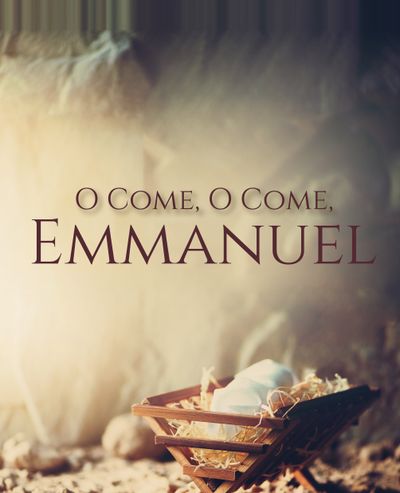


Join the conversation